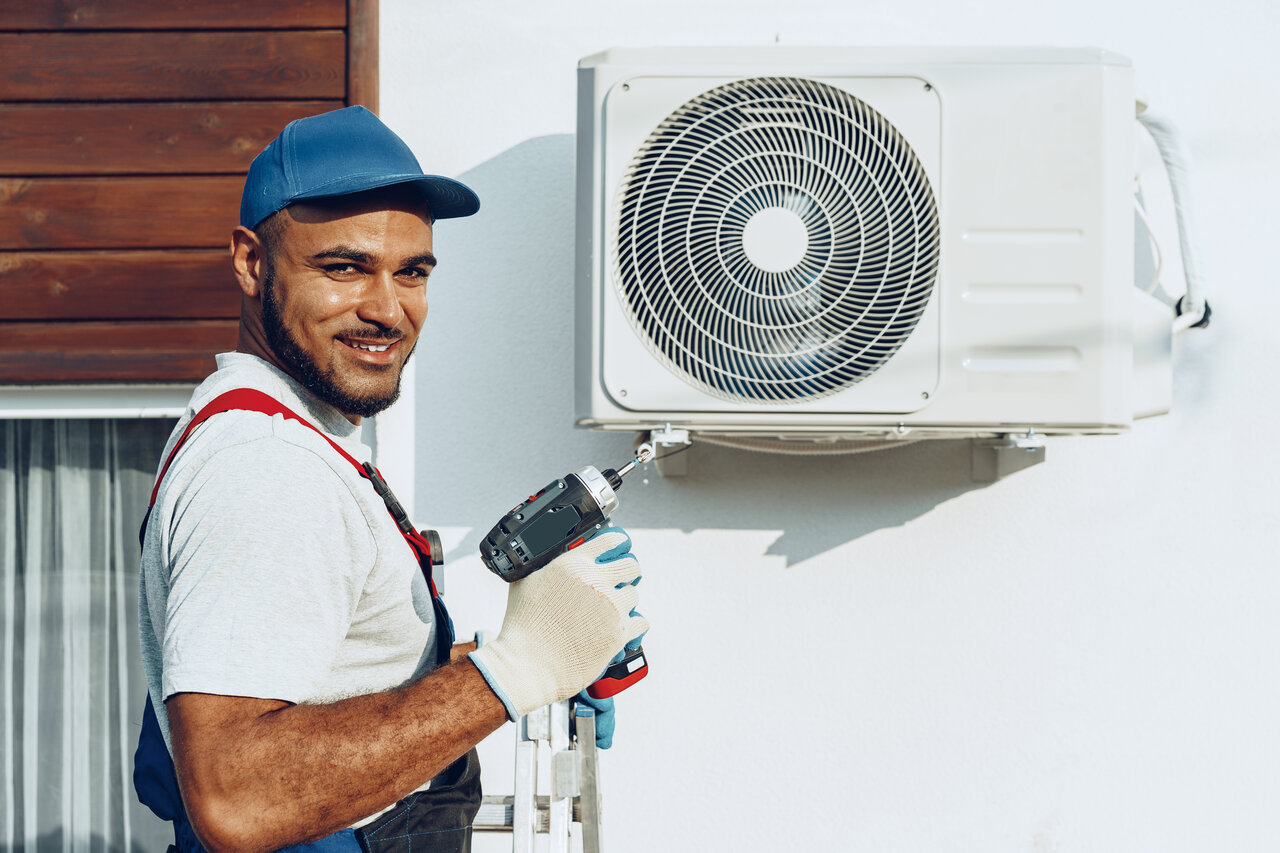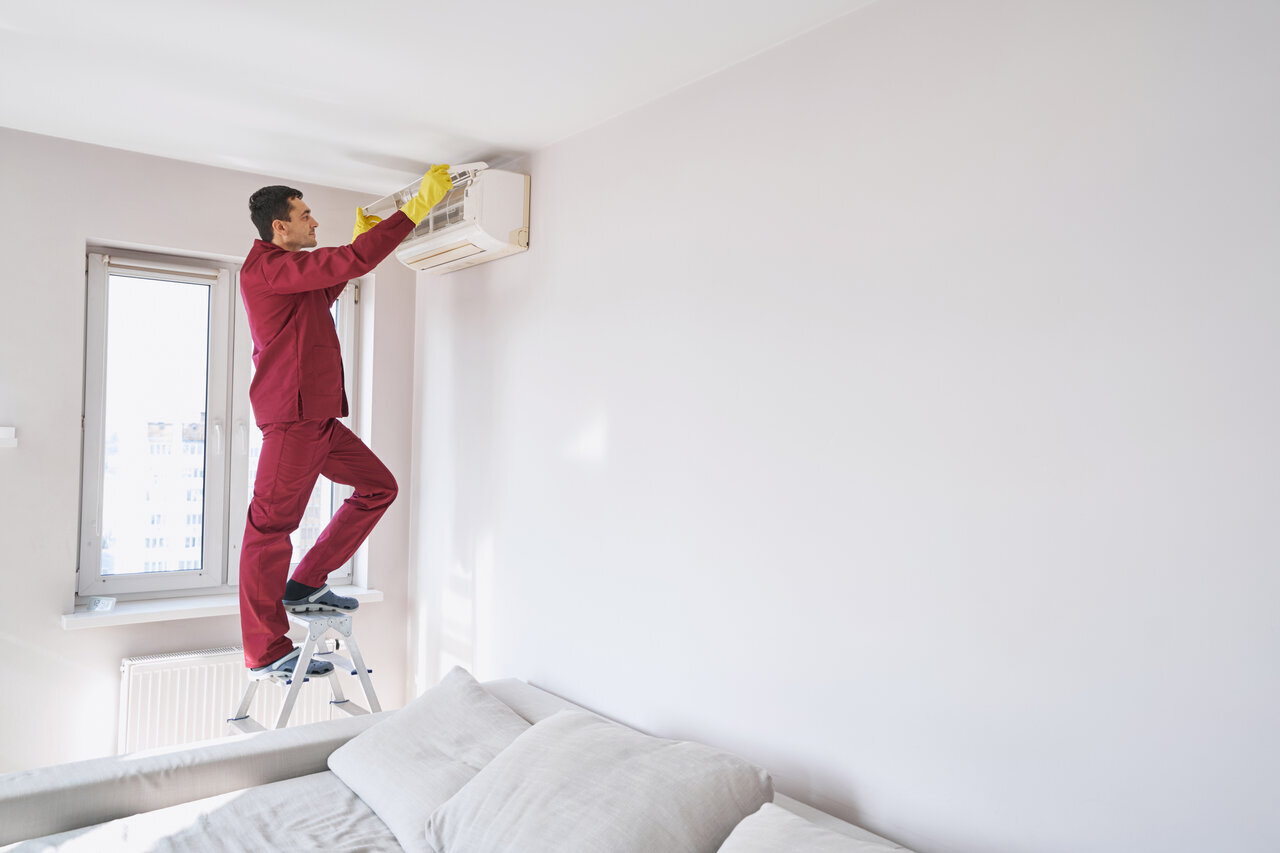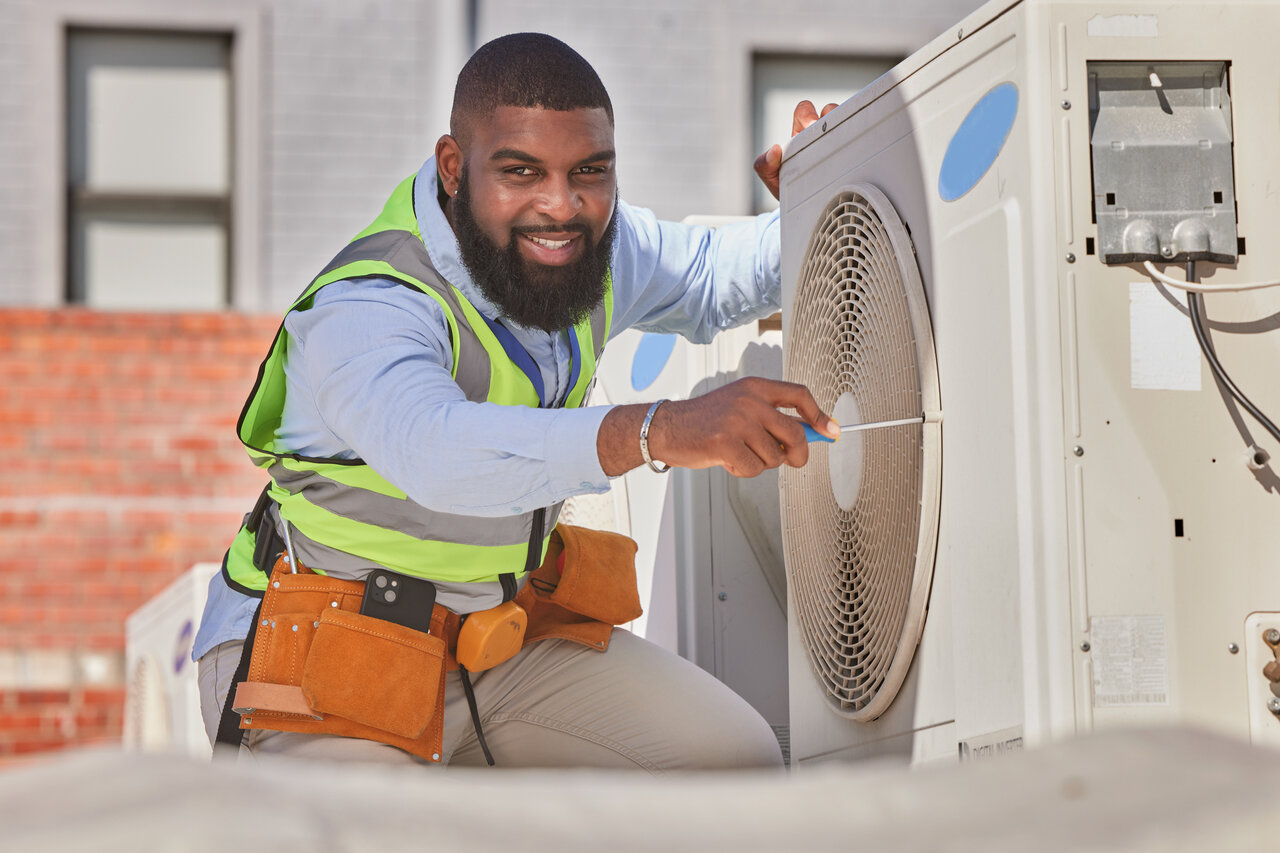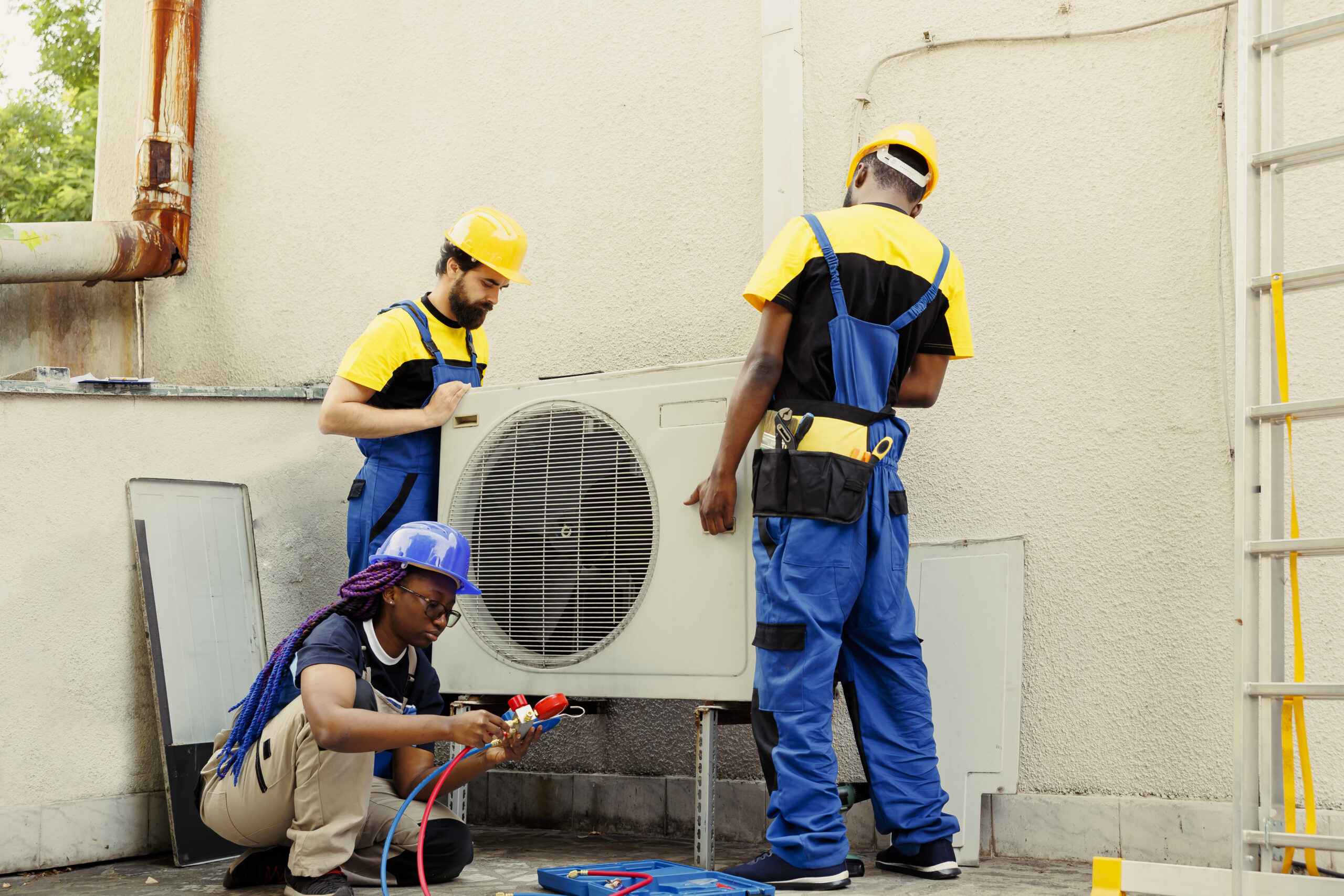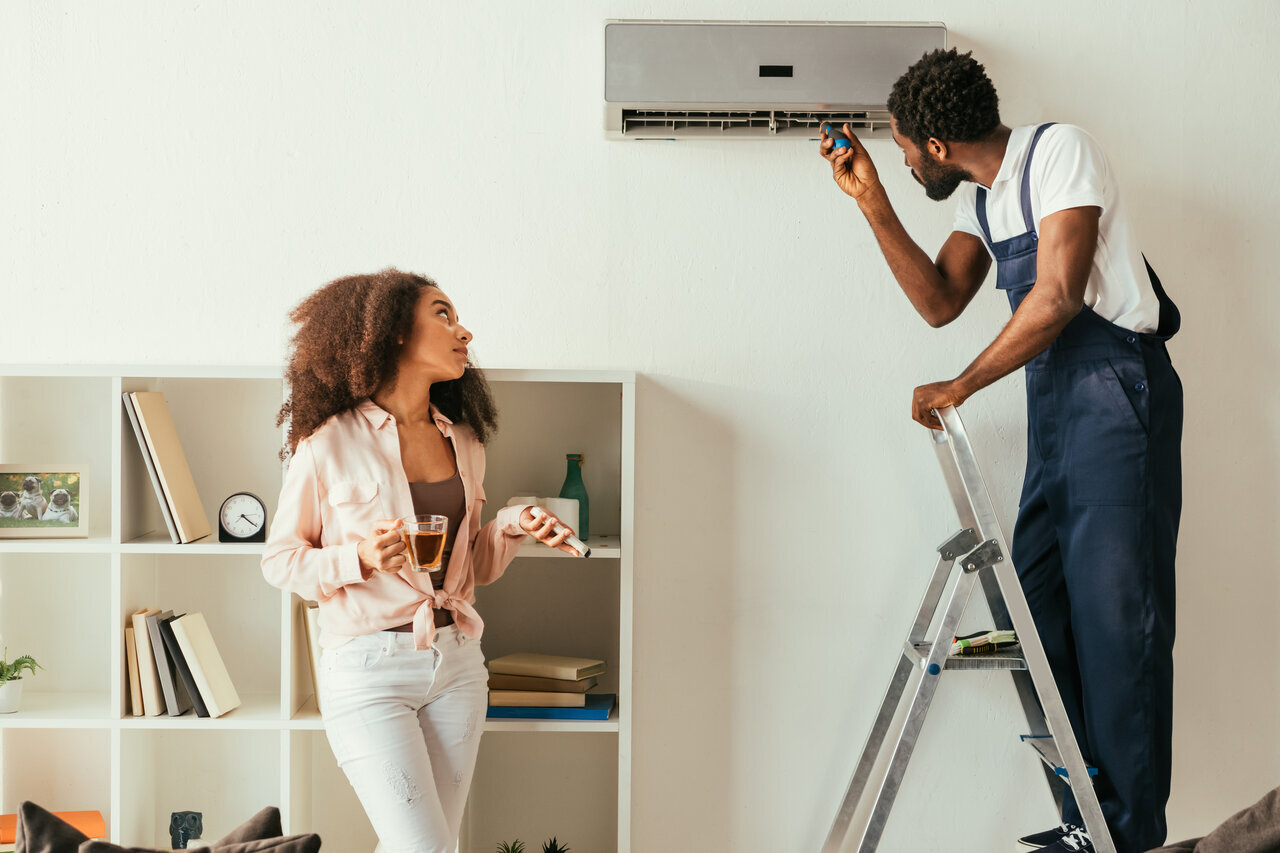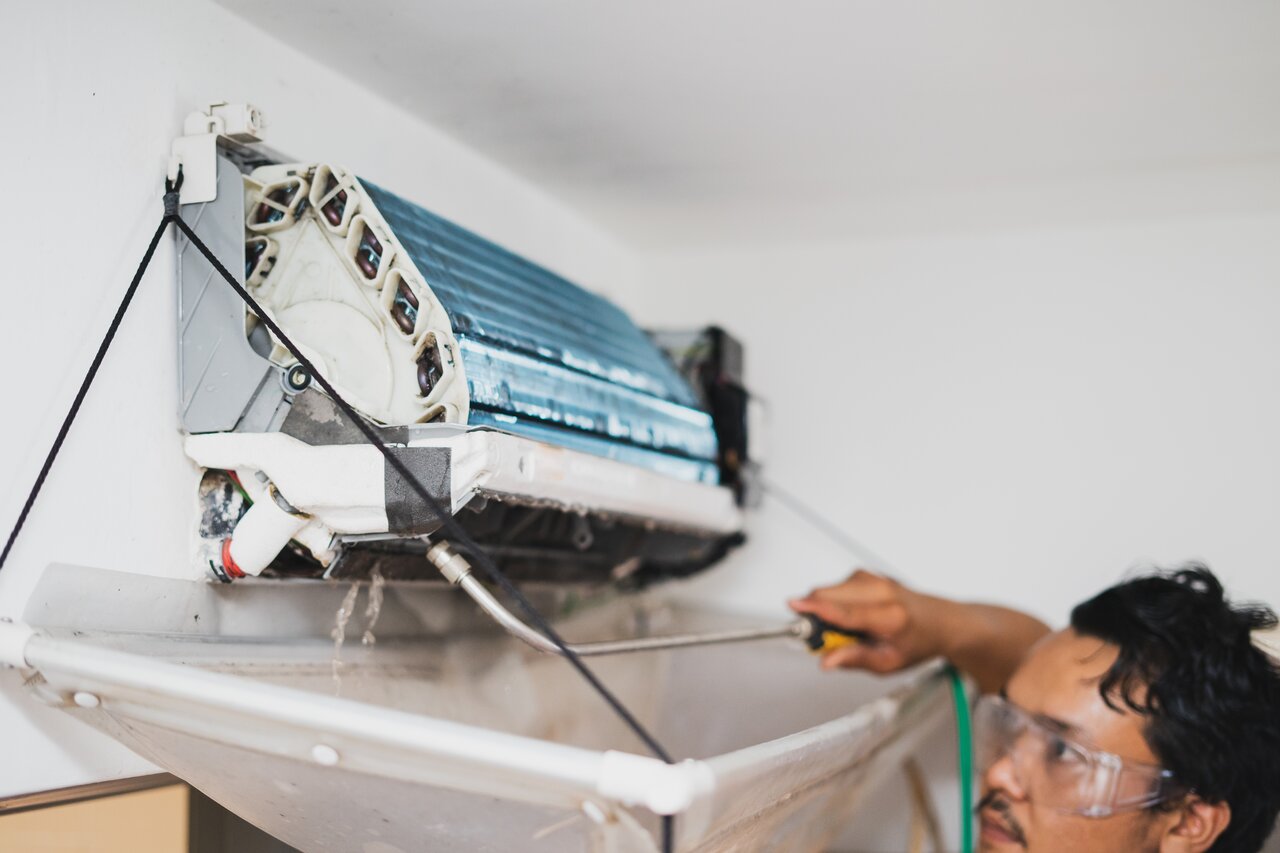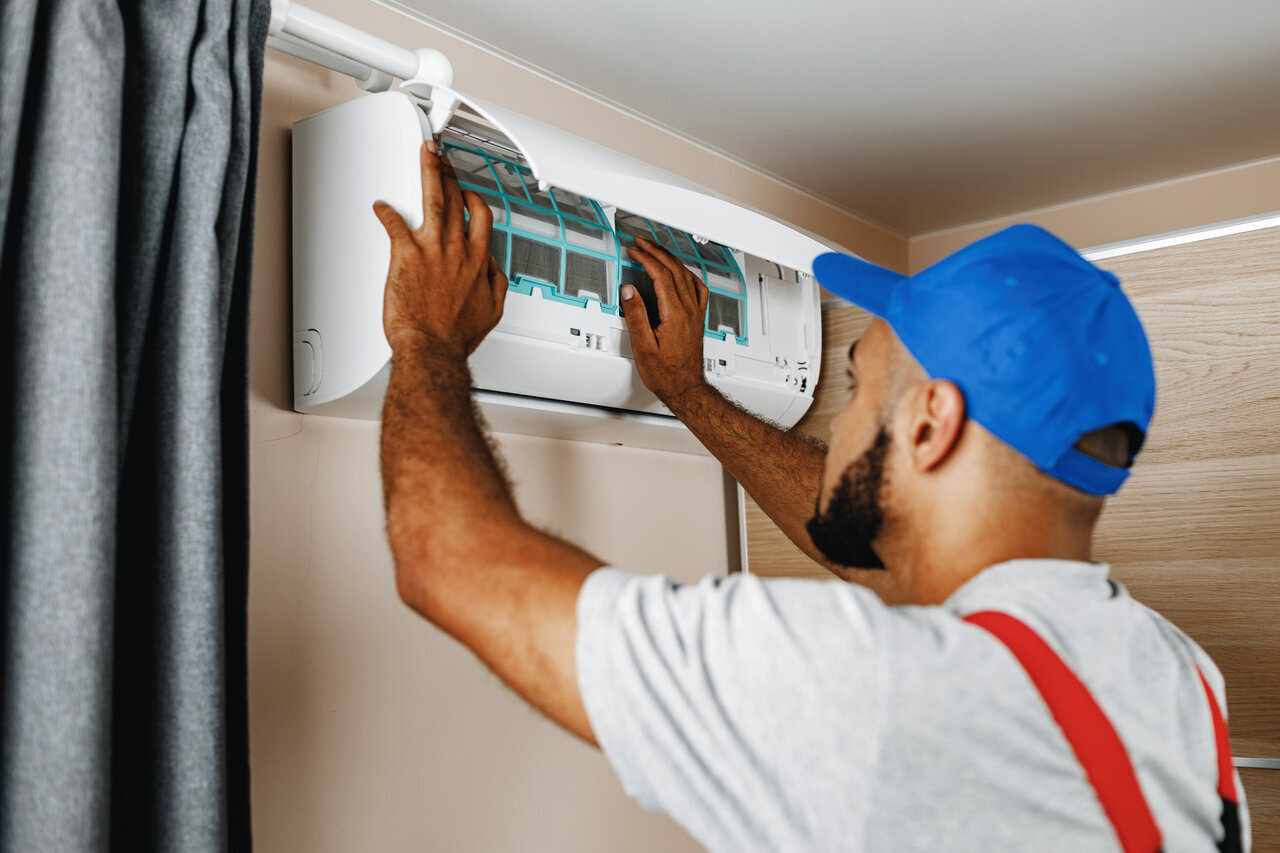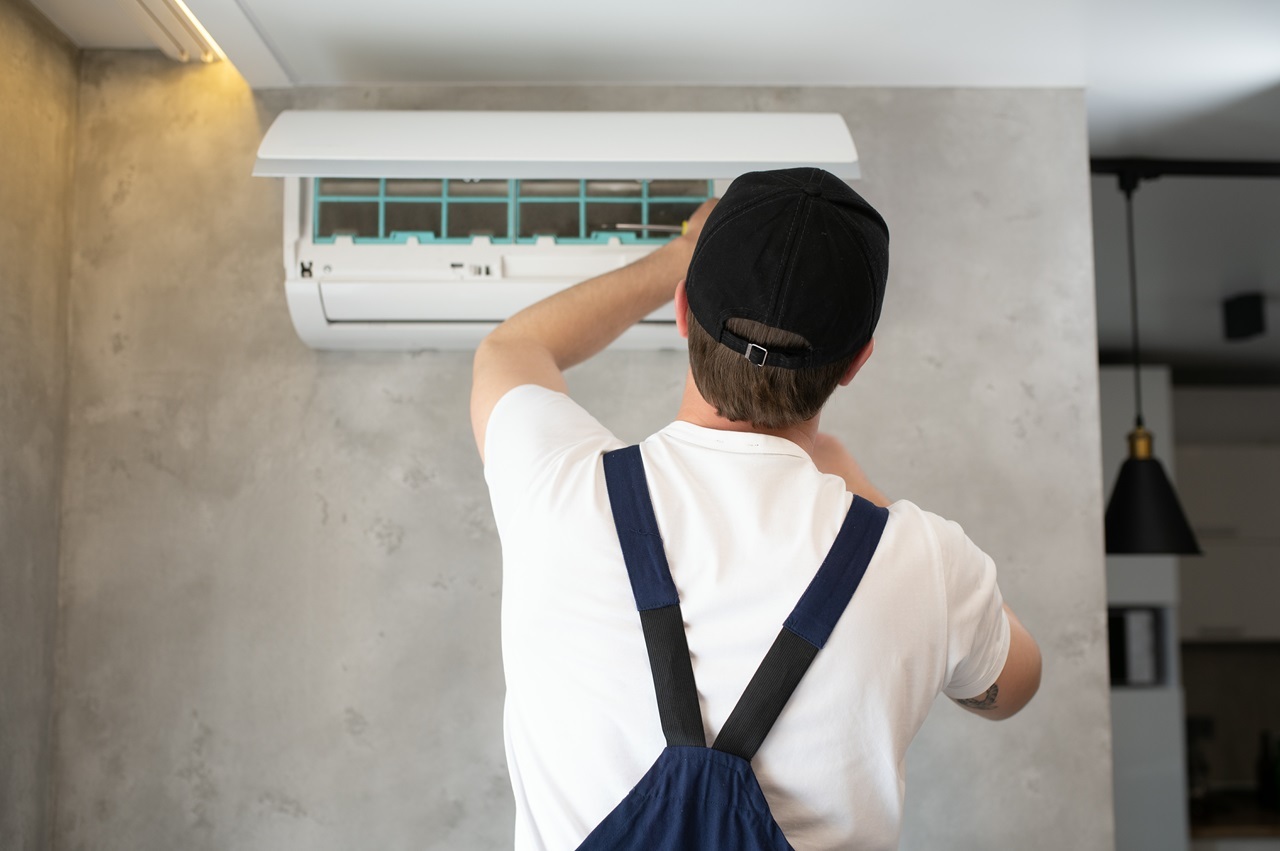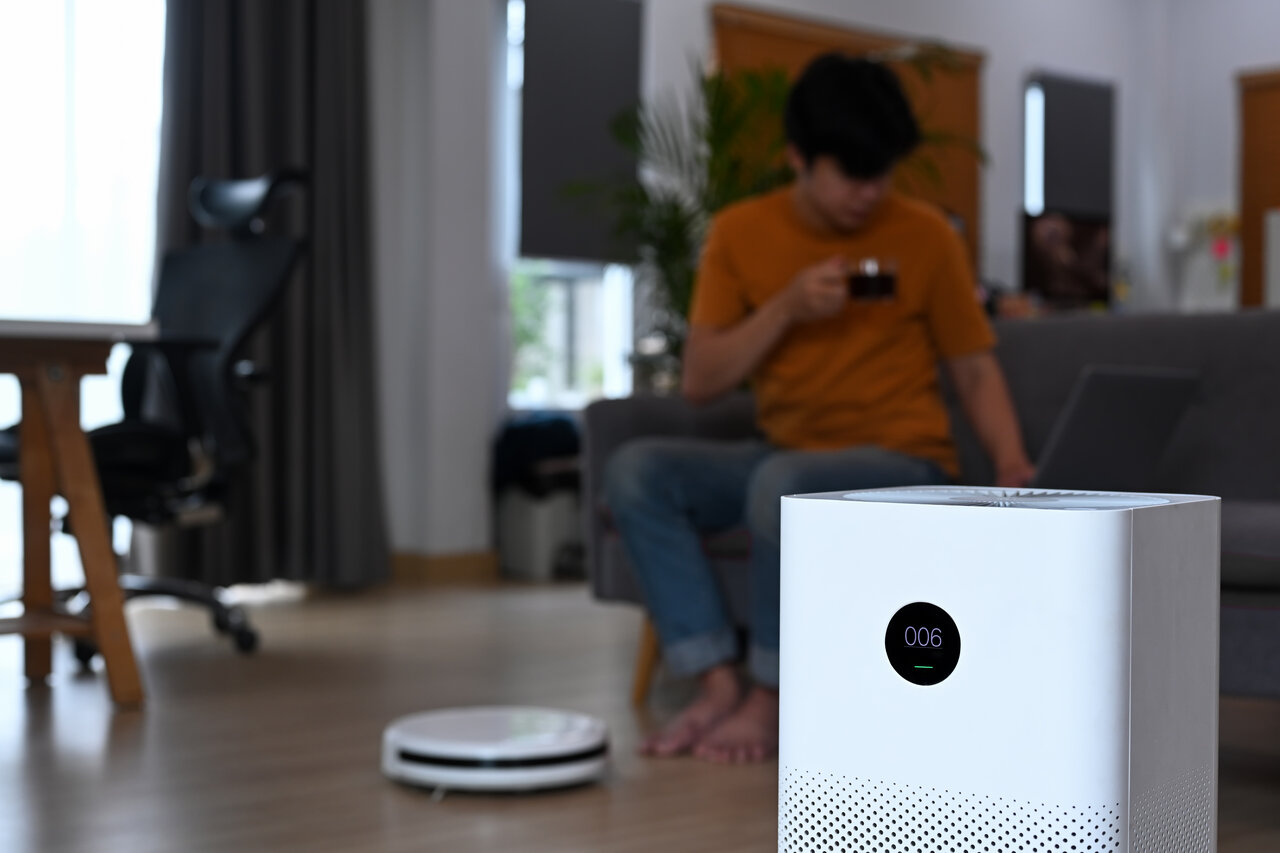Ensuring that your HVAC system receives timely repairs is essential for maintaining the comfort of your home. Delaying repairs can lead to small problems escalating into more significant issues, which can be more costly and disruptive to fix. Our professionals are experienced in identifying and addressing these minor issues before they become major headaches. Maintaining a comfortable living environment requires a well-functioning HVAC system, and prompt repairs play a critical role in this.
Preventing More Extensive Damage
How Minor Issues Can Escalate into Major Repairs
Minor issues with your HVAC system may seem insignificant at first, but they can quickly turn into major repairs if left unaddressed. A small refrigerant leak, for instance, might only seem like a minor inconvenience. However, over time, it can cause your system to work harder, leading to potential compressor failure. Similarly, a clogged air filter might just reduce airflow initially, but continuing to run the system under these conditions can lead to overheating and damage to critical components.
It’s crucial to address these minor issues as soon as they arise. Our professionals are trained to identify and fix small problems before they become more significant, more expensive issues. Regular inspections and timely repairs can save you from unexpected breakdowns and costly repairs in the long run.
Examples of Common Minor Problems That Can Worsen If Ignored
Some common minor issues include dirty air filters, loose electrical connections, and worn-out belts. Dirty filters can reduce airflow, making the system less efficient and causing it to work harder than necessary. If ignored, this can lead to motor burnout. Loose electrical connections might cause intermittent operation or short cycling. Over time, this can damage the system’s electrical components and reduce its overall lifespan.
Worn-out belts are another typical issue that can escalate. When belts wear out, they can cause squealing noises and reduce the efficiency of the system’s blower. If not replaced in time, broken belts can lead to system shutdowns and more extensive repairs. By addressing these issues promptly, you can prevent them from developing into more severe and costly problems.
Maintaining Energy Efficiency
Impact of Timely Repairs on Energy Bills
Timely HVAC repairs play a significant role in maintaining energy efficiency in your home. When your system operates smoothly, it doesn’t have to work as hard to maintain the desired temperature. This translates to lower energy consumption and reduced utility bills. For example, a refrigerant leak that goes unrepaired can cause the system to run longer cycles to achieve the same cooling effect, using more energy in the process.
Our technicians can help ensure that all components are working efficiently, reducing unnecessary strain on the system. Addressing repairs promptly can prevent situations where the HVAC system works overtime, consuming additional energy and driving up your bills. Regular check-ups and immediate attention to issues help keep your system running efficiently, ultimately saving you money.
Role of Well-Maintained Systems in Reducing Energy Consumption
A well-maintained HVAC system is key to minimizing energy consumption. Simple tasks like cleaning or replacing air filters, lubricating moving parts, and ensuring proper refrigerant levels contribute significantly to system efficiency. When each component functions optimally, the entire system requires less energy to maintain comfort levels in your home.
Our professionals focus on comprehensive maintenance services to keep your HVAC system in peak condition. This includes tasks like coil cleaning, duct inspection, and thermostat calibration. By ensuring these aspects are in check, you can reduce the overall energy demand of your HVAC system. This not only helps lower your energy bills but also promotes a more sustainable and environmentally friendly home.
Ensuring Home Comfort and Air Quality
Importance of Consistent Heating and Cooling
Consistent heating and cooling are vital for maintaining a comfortable living environment. An HVAC system that functions properly ensures that your home stays at the desired temperature regardless of the weather outside. When issues arise, like a failing fan or a malfunctioning thermostat, the system struggles to regulate temperatures effectively, leading to uncomfortable hot or cold spots throughout your home. Addressing these issues promptly ensures that your home remains a haven of comfort.
Our professionals help diagnose and fix problems quickly, restoring your HVAC system’s ability to maintain consistent indoor temperatures. This consistency enhances the overall comfort of your living spaces, making your home more enjoyable for you and your family. Whether it’s a sweltering summer day or a freezing winter night, a well-maintained HVAC system provides the reliability you need for continuous comfort.
Effects of HVAC Issues on Indoor Air Quality
HVAC issues can significantly impact your home’s indoor air quality. When problems like clogged filters, dirty ducts, or malfunctioning fans occur, they can lead to poor air circulation. This can cause a buildup of dust, pollen, and other allergens, which can exacerbate respiratory issues and allergies among household members. Timely repairs can prevent these issues, ensuring your HVAC system effectively filters and circulates clean air throughout your home.
Our technicians are trained to identify and address factors that affect indoor air quality. Regular maintenance, such as duct cleaning and filter replacement, can help maintain a healthy indoor environment. By prioritizing HVAC repairs and upkeep, you safeguard your family’s health and ensure a comfortable home atmosphere.
Extending the Lifespan of Your HVAC System
Benefits of Regular Maintenance and Timely Repairs
Regular maintenance and timely repairs are crucial for extending the lifespan of your HVAC system. Just like any other machinery, HVAC systems wear down over time. Routine maintenance helps identify wear and tear early, allowing for prompt repairs that prevent more serious damage. This proactive approach ensures your system operates efficiently and lasts longer, providing you with reliable heating and cooling for years to come.
Our professionals offer comprehensive maintenance services that include cleaning, inspections, and tune-ups. These services keep your system running smoothly and prevent minor issues from escalating. Investing in regular maintenance not only extends the lifespan of your HVAC system but also improves its performance, saving you money on energy bills and replacement costs in the long run.
How Neglecting Repairs Can Shorten the System’s Lifespan
Neglecting HVAC repairs can significantly shorten the lifespan of your system. Small issues, when left unresolved, can lead to more severe problems that cause irreversible damage. For example, ignoring a refrigerant leak can cause the compressor to overheat and fail. Similarly, a dirty filter can lead to restricted airflow, causing the motor to overwork and eventually burn out.
Our technicians can help prevent these scenarios by addressing repairs as soon as issues arise. Keeping up with repairs ensures that your system doesn’t undergo unnecessary strain, which can drastically reduce its lifespan. By being proactive and attentive to your HVAC system’s needs, you can avoid premature replacements and enjoy a reliable system for many years.
Conclusion
Timely HVAC repair is not just about fixing what’s broken—it’s about maintaining the overall health and efficiency of your system. Addressing minor issues before they escalate helps prevent extensive damage, ensuring your system runs smoothly. This proactive approach preserves your home’s comfort, keeps energy costs in check, and extends your HVAC system’s lifespan.
Our team at Just Cooling ATL understands the importance of a well-functioning HVAC system for your home’s comfort and your family’s well-being. We are dedicated to providing prompt and reliable HVAC repair services in Duluth, GA. Don’t wait until minor issues become major headaches. Contact us today to schedule your HVAC maintenance and repair services, and keep your home comfortable year-round.

